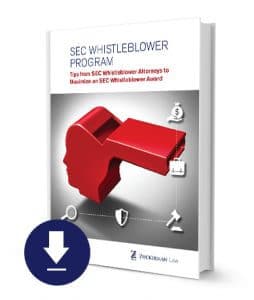
Report Insider Trading and Earn an SEC Whistleblower Award
Individuals are liable for insider trading violations when they buy or sell a security in breach of a fiduciary duty or other relationship of trust and confidence, while in possession of material, nonpublic information about the security. Under the SEC Whistleblower Program, individuals may be eligible for an award if they report original information about insider trading to the SEC. Whistleblowers can submit a tip anonymously to the SEC if represented by counsel.
As the SEC has warned, there is a heightened risk of insider trading after the COVID-19 pandemic.
[I]n these dynamic circumstances, corporate insiders are regularly learning new material nonpublic information that may hold an even greater value than under normal circumstances. This may particularly be the case if earnings reports or required SEC disclosure filings are delayed due to COVID-19. Given these unique circumstances, a greater number of people may have access to material nonpublic information than in less challenging times. Those with such access – including, for example, directors, officers, employees, and consultants and other outside professionals – should be mindful of their obligations to keep this information confidential and to comply with the prohibitions on illegal securities trading. Trading in a company’s securities on the basis of inside information may violate the antifraud provisions of the federal securities laws.
SEC Whistleblower Program
Under the SEC Whistleblower Program, whistleblowers may be eligible for monetary awards when they voluntarily provide the SEC with original information about violations of federal securities laws, including insider trading, that leads the SEC a successful enforcement action resulting in monetary sanctions in excess of $1 million. Whistleblowers are eligible to receive between 10% and 30% of the monetary sanctions collected.
Since 2012, the SEC has issued nearly $1 billion in awards to whistleblowers. The largest SEC whistleblower awards to date are:
- $114 million,
- $50 million, and
- $50 million.
If you have information that may qualify for an SEC whistleblower award, contact the Director of our SEC whistleblower practice at [email protected] or call our leading SEC whistleblower lawyers at (202) 930-5901 or (202) 262-8959. All inquiries are confidential. In conjunction with our courageous clients, we have helped the SEC halt multi-million dollar investment schemes, expose violations at large publicly traded companies, and return funds to defrauded investors.
Tips for Qualifying for an SEC Whistleblower Award
Insider Trading
Under federal securities laws, a “relationship of trust and confidence” may exist in many circumstances, as highlighted in SEC Rule 10b5-2. Information is considered “material” if it would be important to a reasonable investor in making an investment decision. For example, insider-trading violations may occur when an individual:
- tips material, nonpublic information;
- trades securities based on tipped information; or
- trades securities based on misappropriated information.
Purpose of Insider Trading Laws
Insider-trading laws are designed to protect market integrity and prevent individuals from profiting unlawfully. Prosecuting insider-trading violations is a top enforcement priority of the SEC and the agency will bring cases against individuals trading on inside information even when their profits are not relatively insignificant to other areas of enforcement.
For example, on March 23, 2017, the SEC announced that it settled charges against Steven A. Hartung who allegedly earned $60,000 on a family member’s inside information about Merck & Co. Inc.’s 2014 acquisition of Idenix Pharmaceuticals. The SEC disgorged his gains and Hartung agreed to pay an equivalent penalty and interest for a total settlement of $123,000. While this settlement amount would not qualify a whistleblower for an award under the SEC Whistleblower Program, it nevertheless underscores that the SEC is targeting any individual who trades on inside information – even if it does not result in a multi-million-dollar profit.
Types of Insider Trading Cases Bought by the SEC
According to the SEC’s Insider Trading webpage, the agency has brought insider-trading cases against:
- corporate officers, directors, and employees who traded the corporation’s securities after learning of significant, confidential corporate developments;
- friends, business associates, family members, and other ‘tippees’ of such officers, directors, and employees, who traded the securities after receiving such information;
- employees of law, banking, brokerage and printing firms who were given such information to provide services to the corporation whose securities they traded;
- government employees who learned of such information because of their employment by the government; and
- other persons who misappropriated, and took advantage of, confidential information from their employers.
SEC Insider Trading Enforcement Actions
- On September 21, 2016, hedge-fund manager Leon G. Cooperman and his firm, Omega Advisors, were charged with insider trading related to the sale of a company for $650 million. According to the SEC’s complaint, Cooperman learned of Atlas Pipeline Partners’ (“APL”) sale of its natural-gas processing facility from the company’s executive in advance of the public announcement. During this conversation, Cooperman allegedly told the executive that he would not to use the information for trading purposes. Thereafter, the hedge-fund manager purchased millions of dollars worth of APL’s stock, whose value increased by approximately 31% after the sale of the gas-processing facility. The SEC is seeking to disgorge all ill-gotten gains plus interest, penalties, and obtain permanent injunctions against Cooperman and Omega Advisors.
- On May 11, 2017, the SEC charged a former partner at an international law firm and his neighbor with making more than $1 million in illicit profits by insider trading around corporate announcements. According to the SEC’s complaint, the partner accessed confidential documents on his law firm’s internal computer network related to at least 11 impending announcements involving law firm clients. The partner traded with this material nonpublic information and often tipped his neighbor about the information as well. The neighbor similarly traded in company stocks before the announcements were made public.
- On May 24, 2017, the SEC charged a former government employee who tipped a political intelligence consultant about confidential information regarding upcoming decisions by the Centers for Medicare and Medicaid Services (CMS). The consultant relayed this information to analysts at a hedge fund advisory firm that paid him as a consultant. The analysts used the information to trade the stocks of four health care companies and generate more than $3.9 million in illicit profits.
- On July 12, 2017, the SEC announced charges against a scientist who used inside information about two acquisitions to make approximately $120,000 in unlawful profits. To avoid detection (unsuccessfully), Mr. Yuan placed the trades using a brokerage account opened in China bearing his mother’s name. The SEC’s investigation revealed several “smoking guns,” including Internet searches conducted by Mr. Yuan about how to evade detection, including a search for “insider trading in an international account.” Click here to read the complaint.
- On September 20, 2017, the SEC charged the former CEO of a Silicon Valley-based fiber optics company, Alliance Optics Products, with insider trading in company stock that generated $2 million in illicit profits and losses avoided. According to the SEC’s complaint, the CEO used secret brokerage accounts in the names of his wife and brother and trade company shares after attending board meetings where confidential information was discussed. In addition, the CEO tipped his brother about the company’s performance prior to earnings announcements as well as prior to an announcement that the company would be acquired by Corning.
Additional recent SEC enforcement actions for insider trading that have resulted in monetary sanctions in excess of $1 million include:
- SEC v. Thomas D. Melvin, et al.
- Securities and Exchange Commission v. Yu-Cheng Lin – $7.3 million
- SEC v. Sigma Capital Management, LLC – $14 million
SEC Whistleblower Reward Program
For more information about the SEC Whistleblower Program, see our eBook Tips from SEC Whistleblower Attorneys to Maximize an SEC Whistleblower Award. Click below to hear SEC whistleblower lawyer Matt Stock’s tips for SEC whistleblowers:
Whistleblower Protection for SEC Whistleblowers
The SEC Whistleblower Program also protects the confidentiality of whistleblowers and does not disclose information that might directly or indirectly reveal a whistleblower’s identity. Furthermore, the Dodd-Frank Act and Sarbanes-Oxley Act protect whistleblowers from retaliation by their employers for reporting violations of securities laws.
Click here to learn more about anti-retaliation protections for SEC whistleblowers under the Dodd-Frank Act and Sarbanes-Oxley Act.
Download our free guide Sarbanes-Oxley Whistleblower Protection: Robust Protection for Corporate Whistleblowers
Washington DC SEC Whistleblower Law Firm
The experienced whistleblower lawyers at Zuckerman Law represent whistleblowers worldwide before the SEC under the Dodd-Frank SEC Whistleblower Program. The firm has a licensed Certified Public Accountant and Certified Fraud Examiner on staff to enhance its ability to investigate and disclose complex financial fraud to the SEC. Firm Principal Jason Zuckerman has been named by Washingtonian Magazine as a “Top Whistleblower Lawyer” and the firm has been ranked by U.S. News as a Tier 1 Firm in Labor & Employment Litigation.
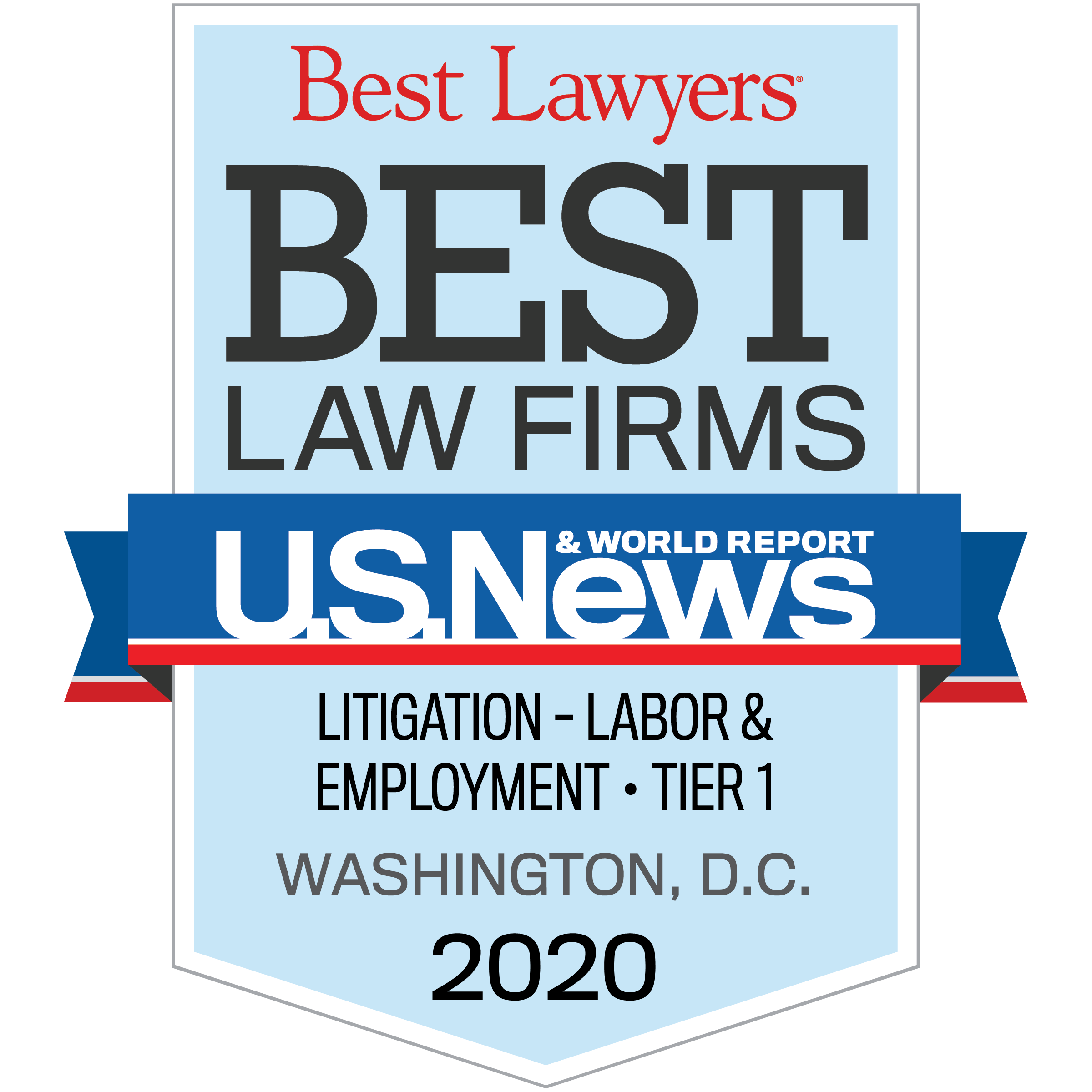
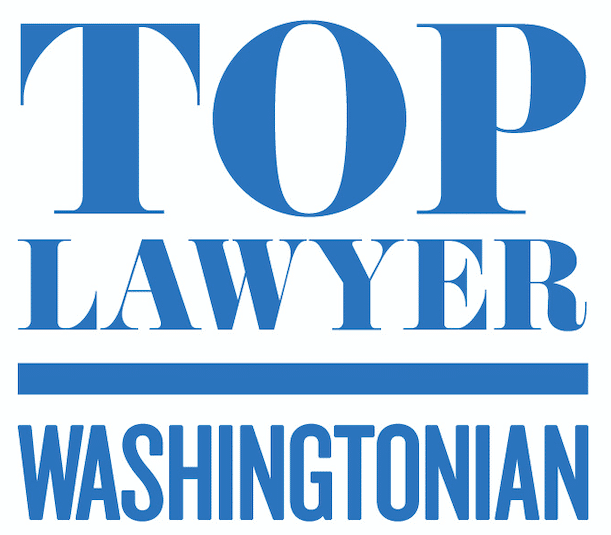
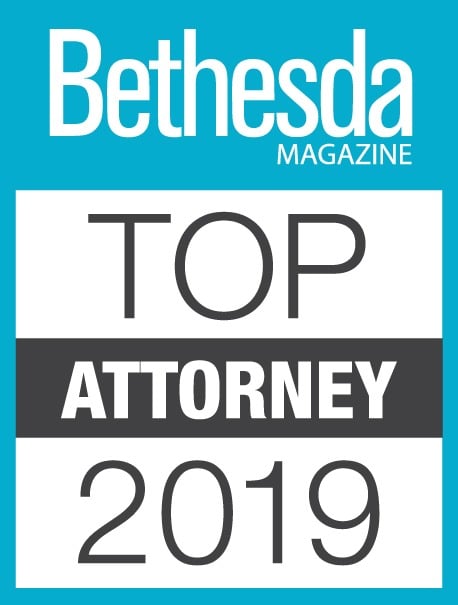
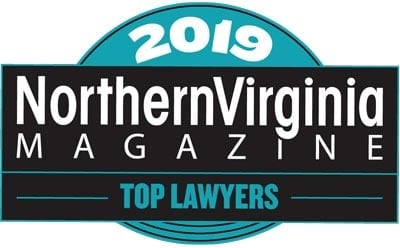
Whistleblower law firm Zuckerman Law has substantial experience investigating securities fraud schemes and preparing effective submissions to the SEC concerning a wide range of federal securities violations, including:
- Accounting fraud;
- Investment and securities fraud;
- EB-5 investment fraud;
- Manipulation of a security’s price or volume;
- Fraudulent securities offerings and Ponzi schemes;
- Unregistered securities offerings;
- Investment adviser fraud;
- False or misleading statements about a company or investment;
- Inadequate internal controls; and
- Violations of auditor independence rules.
For more information about the SEC Whistleblower Program, see the following resources:
Zuckerman Law’s Guide to the SEC Whistleblower Program (click the eBook below)
Zuckerman Law SEC Whistleblower Reward Program FAQ
whistleblower_lawyers_012017_infographic



